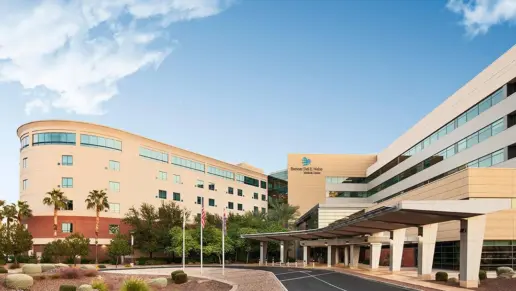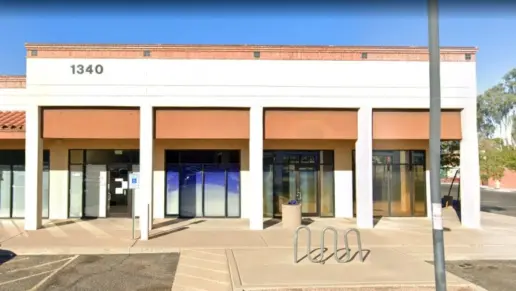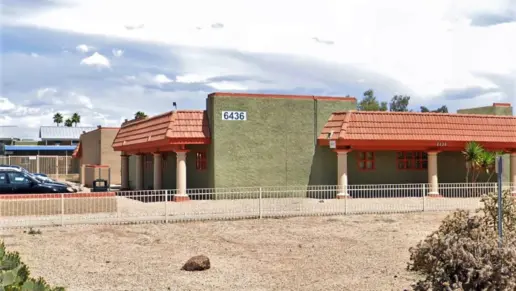My daughter attended here years ago and she got treated horribly by you guys. You guys treated my daughter poorly when she had her seizures she has epilepsy and you guys left marks on my daughter. You guys a a very horrible company and left physical and emotional trauma to m ...
About Marc Center
Marc Center — also known as Marc Community Resources Inc. or Copa Health — is a dual diagnosis behavioral healthcare, rehab, and social service organization located in Mesa, Arizona. They support adults and children with developmental and behavioral health challenges.
Addiction services offered at Marc Center include mental health assessment and counseling, dual diagnosis substance use disorder treatment, peer support, and outpatient clinics.
Mental Health Assessment and Counseling
Mental health evaluations assess individuals’ mental health diagnoses and provide the basis for an individualized treatment plan. Participants may also access individual and group counseling to support their recovery.
Dual Diagnosis Addiction & Mental Health Treatment
Dual diagnosis treatment uses evidence-based practices to treat addiction and co-occurring mental health diagnoses. MARC Center offers programs for adults aged 18 and older. Treatment begins with a comprehensive mental health assessment and individualized plan of care.
Peer Support Meetings
Recovery meetings are usually 12-Step meetings run by Narcotics Anonymous or Alcoholics Anonymous. This peer-based group provides support through sharing of experiences, working through the 12 Steps with a sponsor, and being of service to others in need.
Outpatient Program
Participants attend individual and group treatment sessions for improved coping skills, peer support, and recovery support. Sessions are held during the day and in the evenings.
Facility Overview
Latest Reviews
Rehab Score
Gallery
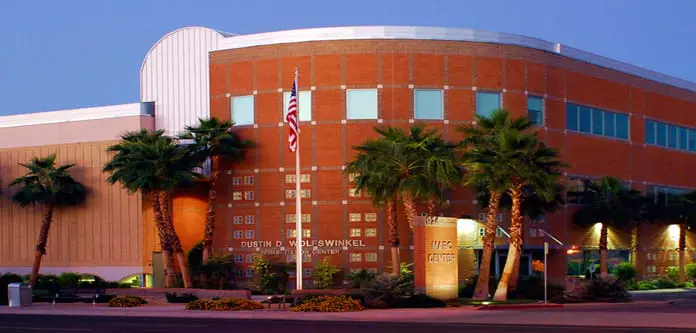
Location
Other Forms of Payment
Self-pay involves paying for treatment out of your own pocket. You can use savings or credit, get a personal loan, or receive help from family and friends to fund your treatment. If you don't have insurance or your insurance plan doesn't cover a specific program, self-pay can help ensure you still get the care you need.
Addiction Treatments
Levels of Care
Treatments
The goal of treatment for alcoholism is abstinence. Those with poor social support, poor motivation, or psychiatric disorders tend to relapse within a few years of treatment. For these people, success is measured by longer periods of abstinence, reduced use of alcohol, better health, and improved social functioning. Recovery and Maintenance are usually based on 12 step programs and AA meetings.
Drug rehab in Arizona is the process of treating individuals who are dependent on a particular addictive drug. Because addiction is complex, this treatment typically includes a variety of interventions that address the many physical and emotional issues involved.
Opioid rehabs specialize in supporting those recovering from opioid addiction. They treat those suffering from addiction to illegal opioids like heroin, as well as prescription drugs like oxycodone. These centers typically combine both physical as well as mental and emotional support to help stop addiction. Physical support often includes medical detox and subsequent medical support (including medication), and mental support includes in-depth therapy to address the underlying causes of addiction.
Substance rehabs focus on helping individuals recover from substance abuse, including alcohol and drug addiction (both illegal and prescription drugs). They often include the opportunity to engage in both individual as well as group therapy.
Programs


Clinical Services
Group therapy is any therapeutic work that happens in a group (not one-on-one). There are a number of different group therapy modalities, including support groups, experiential therapy, psycho-education, and more. Group therapy involves treatment as well as processing interaction between group members.
In individual therapy, a patient meets one-on-one with a trained psychologist or counselor. Therapy is a pivotal part of effective substance abuse treatment, as it often covers root causes of addiction, including challenges faced by the patient in their social, family, and work/school life.
Staff

CEO
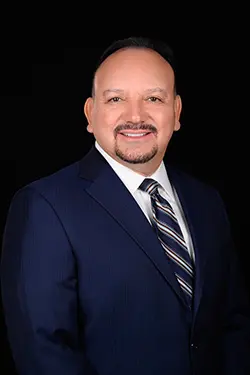
CFO
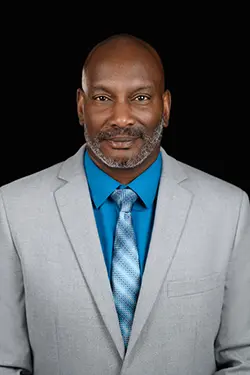
Chief of Staff
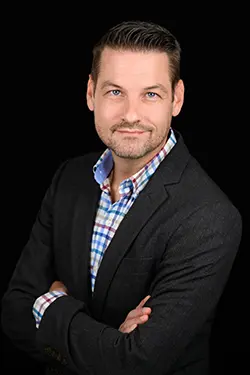
Chief Information and Digital Officer
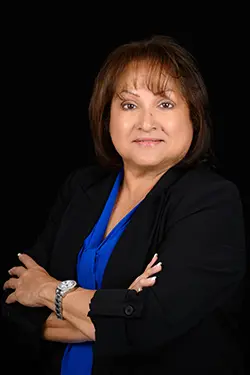
Chief Human Resources Officer
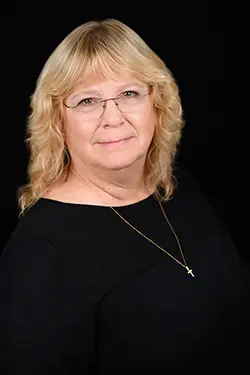
VP Employment Related and Day Services
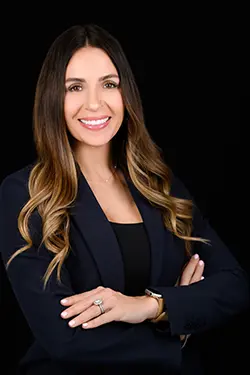
VP Outpatient Services
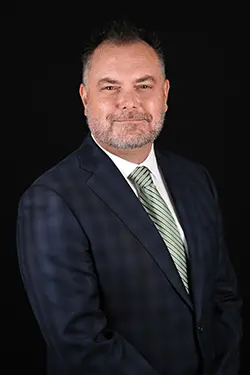
VP Real Estate Development
Contact Information
924 North Country Club Drive
Mesa, AZ 85201
